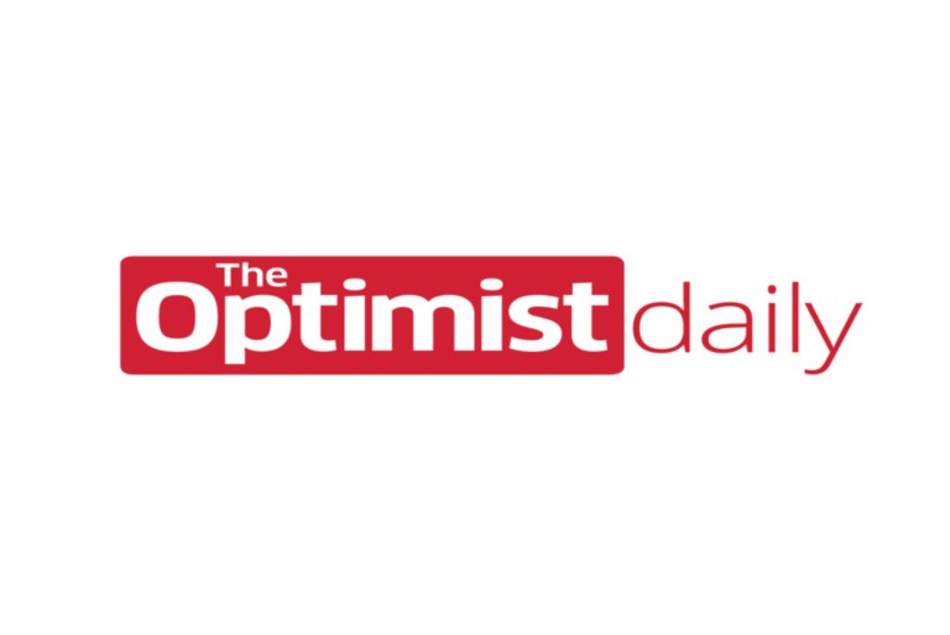Three years ago at age 44, former banker Tony Colley had only $278 to his name after a failed business venture. He went on welfare, paid his rent, but didn’t have enough to eat through the day and fuel his six-foot-five-inch frame. He hid this secret from everyone except his mother. Depression sank in deep.
A turning point came when Colley got a part-time job as an event manager for a Toronto catering company — one that would lead to him starting a social enterprise that has collected and delivered over 11,000 pounds of food. He noticed how much excess food would get dumped at the end of an event. His manager allowed staff to take home leftovers after their shift, but Colley noticed there was still food left when guest numbers were lower than expected.
Around the same time, he had read an article that said Canada had a $31-billion food-waste problem. Colley would pack up a few containers for himself to eat and freeze throughout the week. Then he would take the rest to a local shelter on his bike. He began to do it so frequently that he was motivated to create a platform where more food retailers, like restaurants, food courts, and hotels, could save their excess food for others who could eat it. That led Colley to launch Be One To Give (B12Give) last May to combat food waste and food insecurity.
While he acknowledges there are other agencies working to reduce food waste, he describes B12Give as “Canada’s 1st barrier-free food diversion program,” meaning it goes directly from the retailer to shelter within an hour—working in a similar style to Uber Eats. Retail partners like The Food Dudes, where Colley used to work, will notify him by text when they have leftover food available for pick up. They pay a monthly fee for the service. Colley will then take the surplus food by transit or car-share to a nearby shelter, organizations that are more than grateful for the surplus food.
Bravo Tony, you’re showing us just how much one person can do with a little effort.












